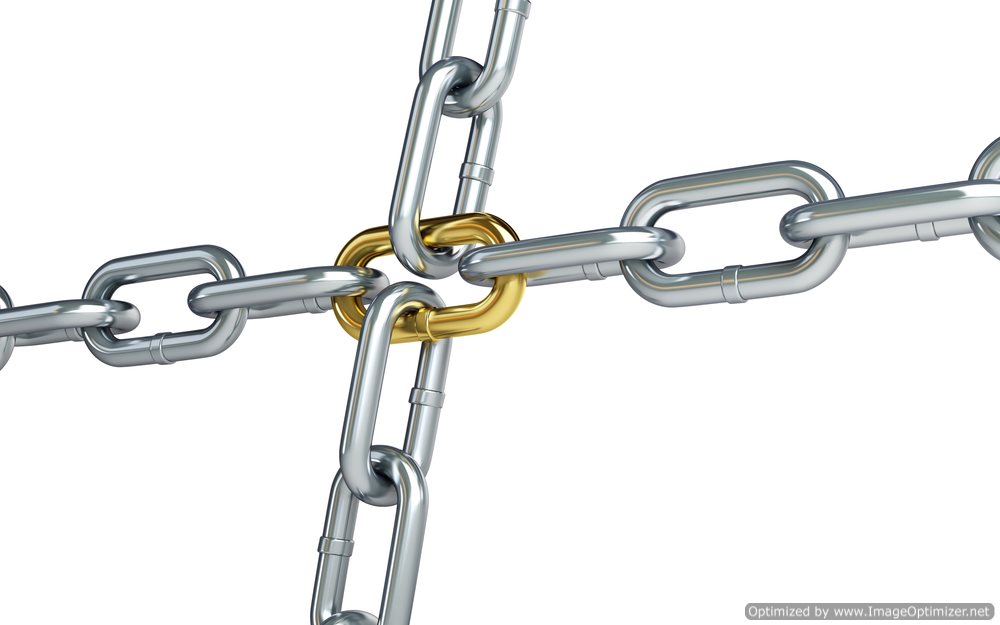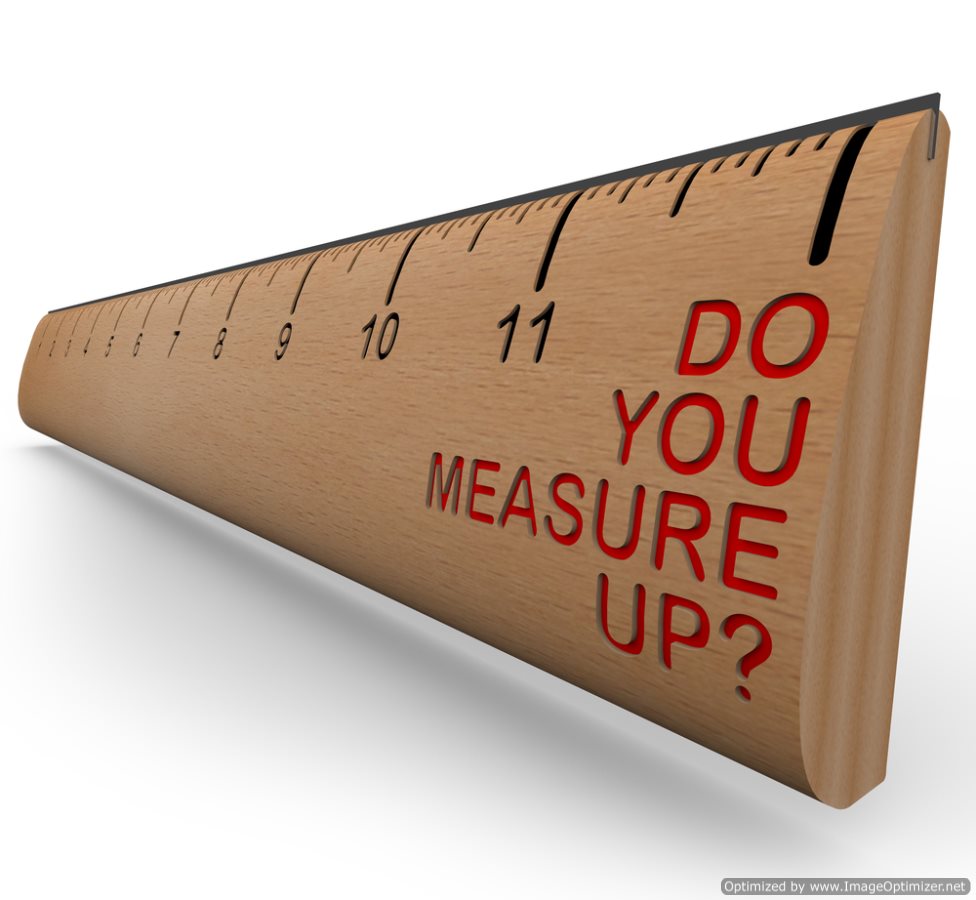Using Yelp To Help Your Law Firm Get Ahead

One of the biggest changes that the internet has brought to the legal marketing world is the lawyer review. Until websites like avvo.com and Yelp were developed, written reviews were mostly the purview of newspapers and magazines discussing food, art, and pop culture. Today, more attorneys than ever are using Yelp for business marketing. In this guide, we'll take a look at how Yelp came to dominate the online review field, and how using Yelp for business marketing at your firm can be one of the smartest decisions you make in 2012 or 2013.
Yelp: Reviews for Almost Anything
If you wanted to get a review for a law firm back in 2000, you'd have had very limited options. You could do a web search that might reveal a review or two, especially if the law firm had some disgruntled customers, but it was very difficult to know which reviews were at all reliable. You could also ask friends and family for their own recommendations, but of course this was not a very large sample of attorneys.
Yelp for business changed all of that. Yelp's business model was very simple: if you allow web users to add their own reviews for any type of business, no matter what was being sold, people would have a single hub to get all their reviews from. Today, that model is alive and well. Whether you want to review your local McDonald's or an investment banking firm, Yelp is probably one of the first places you'd think of to do it. Understanding how to make the most out of Yelp for business marketing is critical to any business where reviews matter—like a law firm.
Getting Started Using Yelp for Business
You may not know this, but even if you're not using Yelp yet, past clients may already be posting reviews about you. There's no reason to avoid using Yelp for business purposes—the only difference it makes to join the site is that you get to fill out your profile and actually see what people are saying about your law firm.
Creating your profile doesn't take long, but you should still put some thought into it. Keep in mind that using Yelp for business marketing won't work as well if you're not highlighting your firm's brand in the copy you're writing for your profile. You should also make sure to use some search engine optimization techniques in what you write about your firm—remember that all of Yelp, including user reviews for your firm, is publicly available and indexed by Google, Bing, and other web search engines.
Maintaining Your Yelp for Business Profile
Once you've created a profile on Yelp, you can't just let the profile sit and hope that users do all the work for you. Instead, you need to make sure that your Yelp for business profile is up to date for all contact information and any information pertaining to your law firm. If you're not being careful about updates, you could be losing clients who attempt to use old contact information that is still being broadcast by your Yelp profile.
Getting Your First Positive Reviews
If you don't already have some positive reviews when you start using Yelp for business marketing, you should try to get some as soon as possible. Even one or two Yelp reviews can vastly improve your conversion rate, and will help you to build your online reputation.
Mention to your clients that if they have been satisfied with their experience, you would very much appreciate them helping you with a solid review on Yelp for business marketing purposes. You can make this call extend to some of your past clients by posting to your Facebook or LinkedIn profiles. It can be hard to get people to make the initial effort to give you reviews, but the conversion rate increase will be well worth it.
Don't do anything unethical, like asking friends, relatives, or other people who have never been your clients to write fake reviews. While there are even services that advertise that they will post fake reviews on Yelp for business marketing, this is no way to run your law firm and will be negatively viewed by everyone from potential clients to the state bar if your ruse is discovered. The same goes for writing reviews yourself, under a different name.
Negative Reviews: How You Can Beat Them
If you get a negative review, don't worry: it's not the end of the world, not even close. While it's true that negative reviews can significantly negatively impact your ability to get conversions, you have some ways that you can beat negative reviews before they spiral out of control and make it difficult to get new business.
For example, you can use the techniques in the last section to get some positive reviews. While this won't make the negative review actually go away, it will make it harder to see and will help to balance your overall star review so that people see you as the excellent attorney you are.
But what if you're not sure the complaints were real? What if you suspect that someone was unethically planting false negative reviews? The first thing you need to do is talk to Yelp. This kind of fraudulent negative review happens more often than you might think, and Yelp is very used to dealing with it. Especially if the person has written no other reviews, or has only given negative reviews to law firms, they may have their account suspended and the review will be deleted.
Doing Competitor Research on Yelp
You shouldn't just stop after you see your own Yelp reviews. Part of your branding should always be what differentiates you from the competition. By researching your competitors' reviews, you can see what they're doing right and what they're doing wrong. You can increase your own conversions by asking clients to emphasize a particular part of your service if and when they choose to write a review for you.























